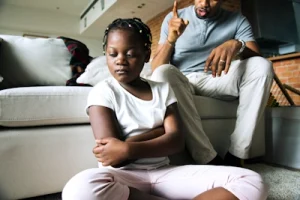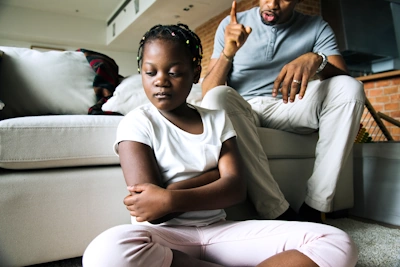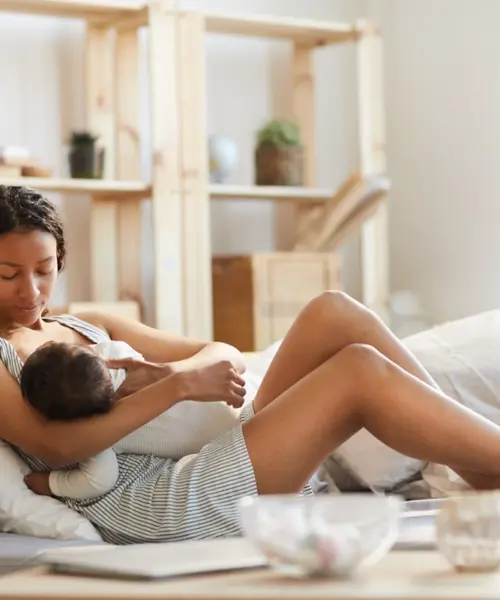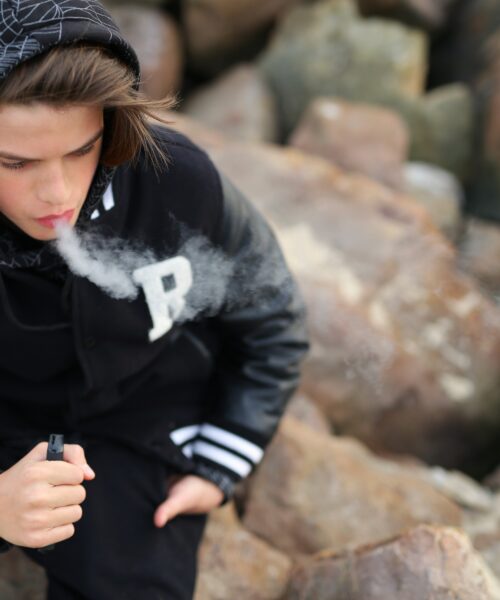By Monica Clark MSN, APRN, FNP-C, CLC
 There are many new trends in parenting, one of them being the topic of Conscious Discipline. What is Conscious Discipline?
There are many new trends in parenting, one of them being the topic of Conscious Discipline. What is Conscious Discipline?
Conscious Discipline solves the “Do as I say, not as I do” parenting dilemma. It is vastly different from the parenting traditions of years past. The change is from an unconscious, traditional compliance model of discipline to a conscious, relationship-based, community model. Conscious Discipline is based on human connection. It focuses on social-emotional learning and relationship building rather than outlined roles. It helps parents learn parenting strategies based on safety, connection, and problem-solving rather than external rewards and punishments. Let’s examine the differences.
Traditional Discipline:
- Rules govern behavior
- Good behavior = external rewards
- Bad behavior= punishment (in the form of fear, shame, or pain)
- Goal = Obedience
 Conscious Discipline:
Conscious Discipline:
- Connection governs behavior
- Controlling and changing ourselves is possible and has a profound impact on our children
- Conflict is an opportunity to teach
- Goal = Relationship
Conscious Discipline is based on 3 components: Safety, Connection, and Problem Solving.
- Safety, in the sense of self-regulation. Safety requires us to regulate our inner states and take responsibility for our thoughts, feelings, and actions. The skill of composure helps us create a sense of safety in our environment by allowing us to stay calm enough to focus on what we want our children to do/learn from this moment.
- Connection through encouragement, choices, and empathy. Connection directs the flow of information to the brain, where fear, shame, and pain will block the absorption of information.
- Problem-solving with positive intent and consequences. Conscious Discipline is not free of consequences; it is about using consequences effectively.
- Natural consequences
- Logical consequences that are Related- Respectful- Reasonable
- No empty threats
- Followed by empathy
 Conscious Discipline improves parent-child interactions, improves children’s social and emotional behavior, reduces aggression, increases academic readiness and achievement, decreases impulsivity and hyperactivity, and improves caregivers’ social and emotional behavior.
Conscious Discipline improves parent-child interactions, improves children’s social and emotional behavior, reduces aggression, increases academic readiness and achievement, decreases impulsivity and hyperactivity, and improves caregivers’ social and emotional behavior.
Resources: Conscious Discipline by Dr. Becky Baily, Positive Parenting by Amy McCready, Study Examining SEL, Conscious Discipline Published in Journal of Research in Innovative Teaching & Learning by Ashley Cullins








